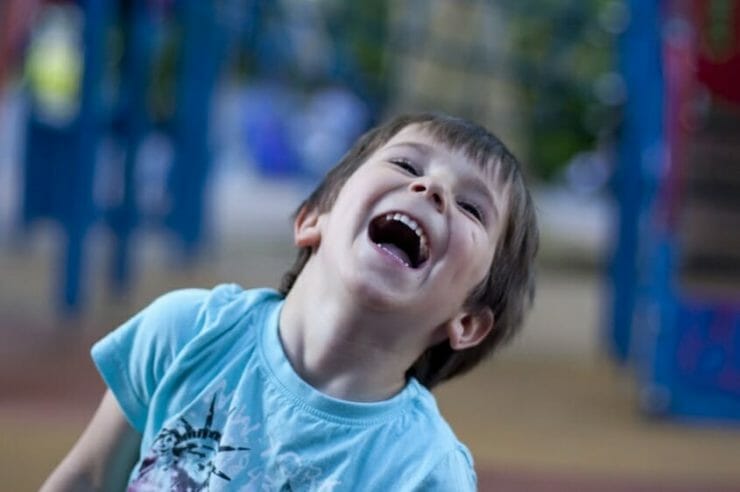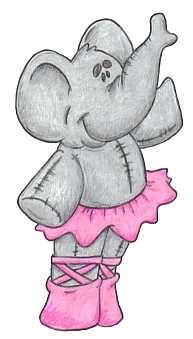
Martin was a gorgeous 7-year-old who came to me for child coaching. His mom called and said she felt she could not help him. He never had a good day. He did not even know what one looked like.
After an abusive relationship with her husband, she divorced him and moved away to start a new life. They had been living in a nice place and their life changed dramatically.
For the first six months after they divorced, Martin’s mom insisted on taking him to see his dad, but his dad did not show up. When his dad did show up, he was angry and aggressive and Martin refused to spend time with him.
Since his dad did not care whether he came or not, his mom decided to stop putting pressure on them to see each other. “Martin is way better than before. He used to cry and have nightmares, but it’s much better now”, she said.
Still, six months passed and Martin was angry, negative and grumpy and life was tough on him. He never smiled, the whole world was bad, it is everyone else’s fault and every tiny thing made him blow up with anger and throw temper tantrums. After years of abuse, Martin’s mom told me she needed help, because she felt she was losing her son.
So first, we played “If I were a wizard”.














